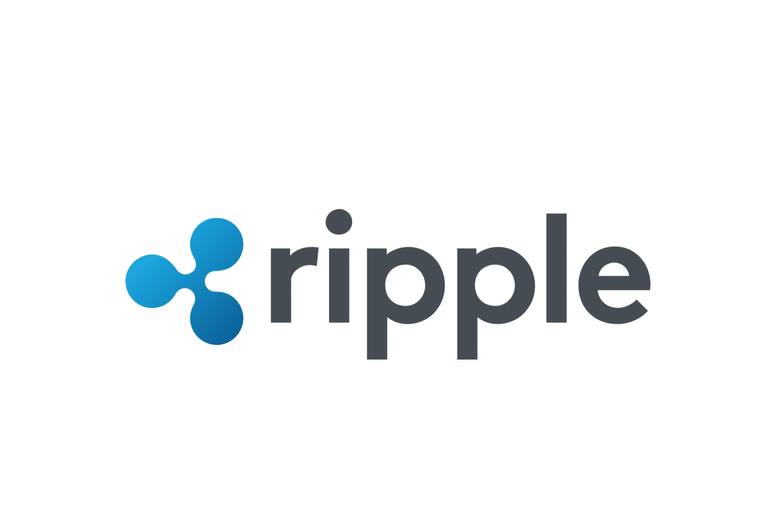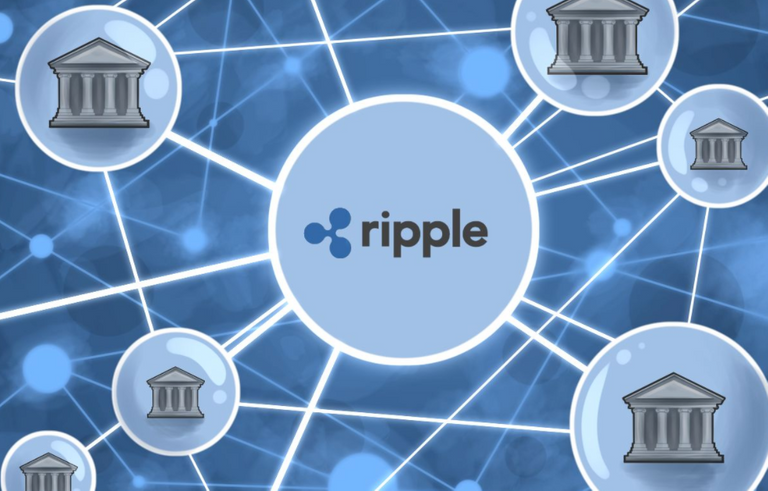
News and misinformation thrive in the world of crypto-investments, so it is very important to disclose the true state of affairs for all those who want to become part of this brave new world. Ripple recently ranked second in terms of the volume of capitalization among all the crypto-currencies - this figure reached an impressive 147 billion US dollars. Its cost was more than Uber, Airbnb and Slack combined, and you will still have $ 20 billion in pocket expenses. In 2017 Ripple showed the best results from all the Crypto-currencies: its rate has grown by an impressive 36 thousand percent since the beginning of the year!
Certainly, things in Ripple are the best way. And for those who have invested in this crypto currency for years, such news did not come as a surprise. In the period from 2012 to 2016, Ripple attracted 93.6 million dollars from Andrisen Horowitz, GV (Google Ventures) and many other large venture companies from the Silicon Valley. These are the same companies that routinely invest in startups such as Facebook, Slack and Uber when they are just starting to develop. The support of Ripple on their part means that they believe in the development team and their mission. In addition, Ripple is well represented on the Internet - it is audible literally from every corner. Successful pilot programs, cooperation with more than 100 financial organizations, and even the support of the Japanese government. Everything goes just fine. Before us is a classic example of a company with innovative technology, which, according to the textbook, captures the market by storm. And this would be true, if not for some small details, which in fact are of great import
XRP is not Ripple itself
When people hear the word Ripple, they immediately think of the XRP token. This makes sense, because other communities are inextricably linked with their cryptotokens. When you buy ETH, you invest in Ethereum, and when you buy BTC, you bet on Bitcoin. So why should not this logic work in the case of Ripple? And here we are faced with something interesting. To understand the difference between XRP and Ripple, you need to first consider the company Ripple. It was founded in 2012 under the name Opencoin, then in 2015 it was renamed Ripple. The company's head office is located in San Francisco, where more than 150 employees work, and they are engaged in sales of banking software that uses blocking.
What does Ripple do?
They have three products:
1 xCurrent
2xRapid
3 xVia
xCurrent is their flagship offer. It allows banks to effectively transfer money across national borders. It uses RippleNet - Ripple blockbuster - but does NOT use XRP. Banks love this product because it allows them to significantly reduce costs and time costs when sending payments - and this without too much risk and the need to make big changes in the workflow.
xRapid helps banks improve liquidity when trading in emerging markets. This is the only Ripple product that uses XRP. This product attracts banks, freeing them from the need to sit on the mountains of money, but has its drawbacks, consisting in the volatility of XRP.
xVia is still in development and should enter the market in early 2018. It is similar to xCurrent, but it allows you to send payments not only to banks, but also to regular companies and payment service providers. xVia will also not use the XRP token.
Do you still remember that impressive list of more than one hundred financial institutions working with Ripple? So, they all use xCurrent. And xCurrent, we recall, does not use XRP. Of all the clients that Ripple has for today, only one uses the XRP crypto currency - it is a small "non-bank financial company" from Mexico called Cuallix, working with xRapid.
Thus, Ripple as a company does succeed in cooperating with a growing number of banks - but this has nothing to do with the adoption of XRP. This does not mean that banks will never accept xRapid (and will not start using XRP). In fact, Ripple's business plan from the very beginning was to "put" banks on xCurrent and then sell them to xRapid. So banks may like xRapid.
And maybe they will not. For Ripple, there is almost no difference. But for those who invested in XRP, this is a matter of life and death.
The adoption of XRP does not mean an increase in its value:
Let's imagine that everything will go according to plan.
Ripple works with tens of thousands of banks, they like to use blocking and xCurrent and decide to try working with XRP via xRapid. This product they like, and they gain confidence to fully switch to conducting transactions in it. SWIFT lags behind and can not cope with innovations, finally losing all customers and closing. Yes. Every day, with XRP, transactions amounting to more than $ 5 billion are being made.
The price of XRP must fly to the moon, right? Well, not necessarily. The growth of the XRP course is fueled by people who have these tokens in their assets and believe that they will be worth more in the future. Banks just want to move money between different countries, rather than engage in speculation. They are in principle not interested in keeping XRP exposing themselves to risks due to the volatility of the token.
This means that banks will try to get rid of XRP as quickly as possible. And given the speed of the network Ripple, this will take no more than 4 seconds. Since banks - the main users of XRP - will not keep their tokens for a long time, the market capitalization of XRP will decrease and even in the most favorable scenario, when Ripple will win SWIFT and capture the entire market, it will amount to only about 230 million dollars. Compare this with the current speculative capitalization - $ 128 billion.
You hit the nail on that one. As a crypto investor, this is the same concerns I have.
Many can't see this and invest blindly in XRP (blindly) :/
Actually I've invested in ripples and ether too!But I think that for a year it will grow by at least 2000 percent!
I got XRP too, but its not my favourite. It still have a long way to go, but i'am not sure its a sustainable investment. Maybe ;)
Try not to copy and paste almost verbatim from other articles or websites. It is considered plagiarism and is frowned upon. And do credit where it is due.
Original post: http://digitalbodha.com/5-warnings-about-ripple.html
Hi! I am a robot. I just upvoted you! I found similar content that readers might be interested in:
http://digitalbodha.com/5-warnings-about-ripple.html